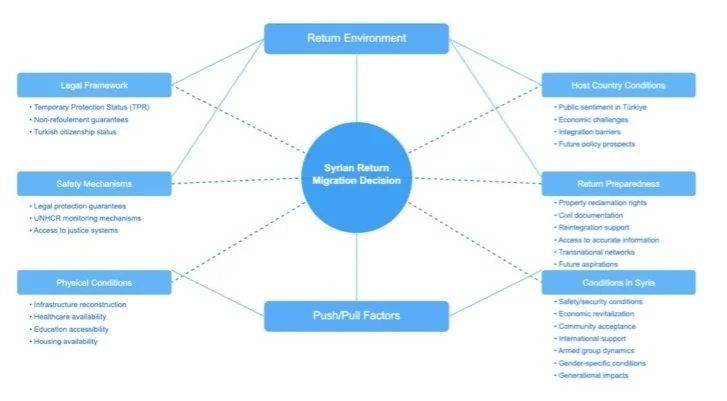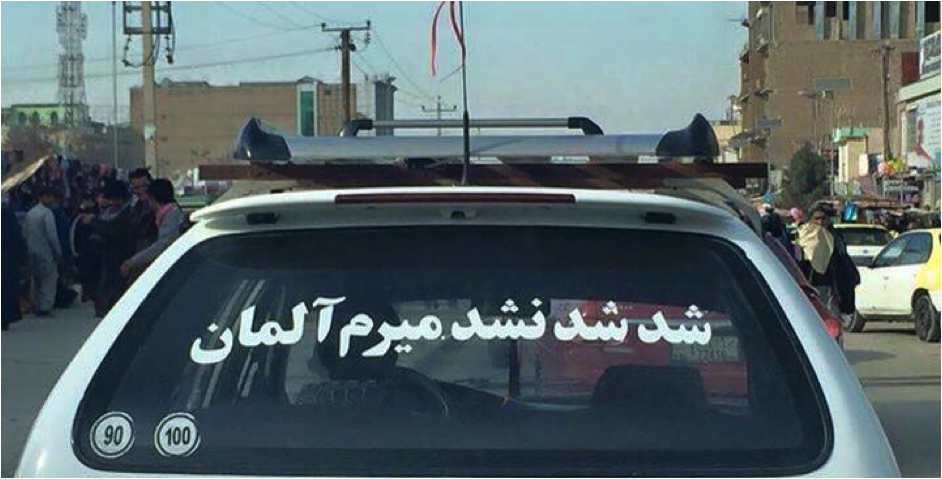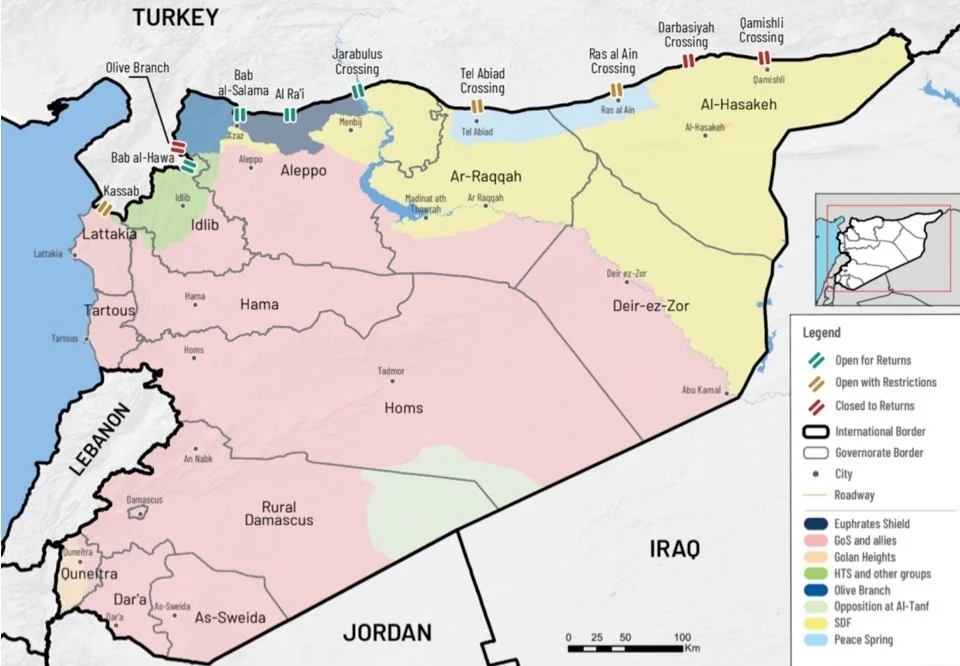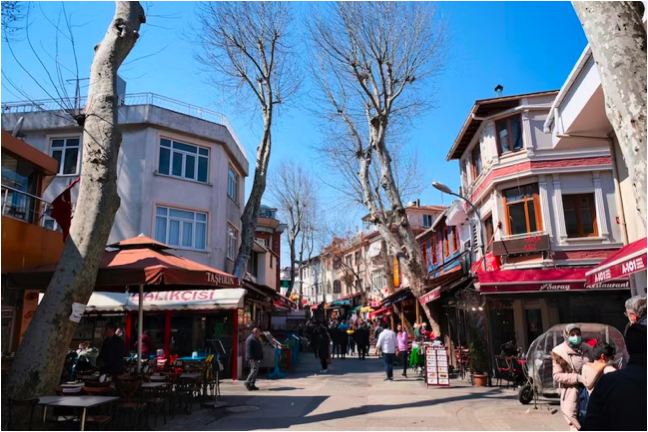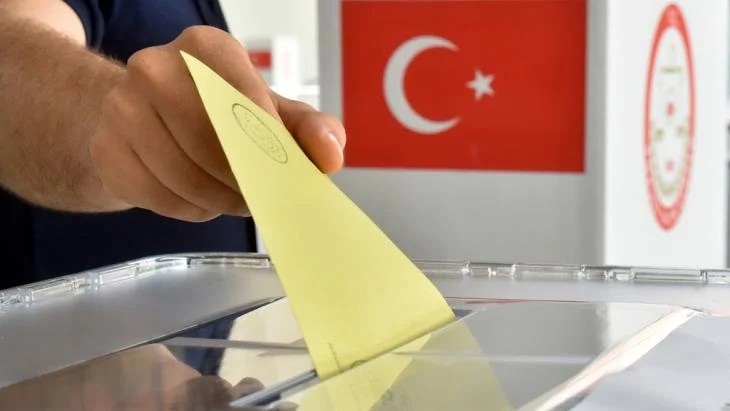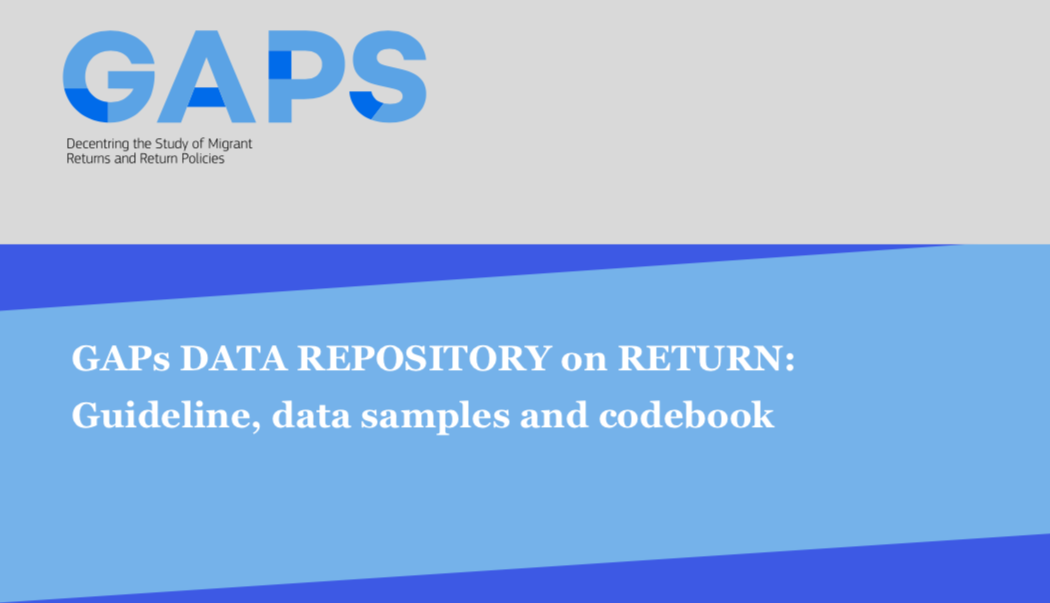Country Profile
GAPs Country Profile: Turkey / Blog Posts
Preliminary Reflections on Post-Assad Syria: Emerging Dynamics and the Complex Reality of Refugee Returns from Türkiye
by: Umutcan Yüksel, N. Ela Gökalp-Aras | Swedish Research Institute in Istanbul (SRII)
On December 8, 2024, Syria witnessed a transformative moment when armed rebels, predominantly led by ’Hay’at Tahrir al-Sham (HTS), gained control of Damascus, leading to President Bashar al-Assad’s departure from the country. This development, marking the end of a 14-year civil war, has created a complex mixture of hope and uncertainty among Syrian refugees, including the 2.9 million living under temporary protection in Türkiye. While the political transition suggests possibilities for a return, the reality on the ground reveals a more nuanced situation where security concerns, infrastructure challenges, and practical considerations heavily influence refugee decision-making.
Forced Displacement as Refugee Return Amidst Regional War: The Plight of Syrian Refugees in Lebanon
by: Maissam Nimer | Özyeğin University
Israel’s recent escalation in Lebanon, including the reported assassination of top Hezbollah leaders such as Hassan Nasrallah, is not just another chapter in the region’s long history of conflict—it is a direct attack on the very fabric of Lebanese sovereignty and a further destabilization of an already fragile region. The assassination signals Israel's ongoing tactic of dismantling political movements that resist its occupation and expansionist policies, disregarding the broader consequences for civilians, governance, and regional stability.
Amidst these developments, some might see celebrations among Syrians in North West Syria as a sign that Israel’s attack on Lebanon is welcome by those in the region. For many displaced Syrians, the perceived weakening of Hezbollah, a key ally of the Assad regime, is a positive development, but this should not be taken as a sign that Israel’s actions are truly liberating. Rather, these celebrations only underscore the persistent deep frustration with not only the Syrian regime but also the broader geopolitical entanglements that have left their country in ruins…
Impact of 2023 Earthquakes on Return Dynamics of Syrian Migrants in Türkiye: Observations from the Field
by: Umutcan Yüksel | Swedish Research Institute in Istanbul (SRII)
The devastating earthquakes on February 6, 2023 in Türkiye affected over 15.6 million people across 11 provinces. As part of the humanitarian aid efforts and personally touched by the loss of relatives due to this catastrophe, I visited the affected areas after the earthquake’s immediate aftermath. Talking with the affected individuals, witnessing the altered states of cities embedded with our collective memories, and assessing ongoing needs has proven to be an intensely personal and professionally challenging period. One of these visits was made as part of the fieldwork for the GAPs project…
Destiny Deferred for Afghans in Istanbul
by: Negin Derviş (Contracted Freelance Researcher, GAPs Project) | Özyeğin University
‘I am without destiny.’ These are the words used by a number of Afghan migrants in Istanbul to sum up their lives to me in interviews over the past couple of years. The physical violence that many left behind at home in Afghanistan and the dangers they faced as they were being smuggled into Türkiye have been…
The Role of Infrastructure Investments in the Return of Syrian Refugees: The Case of Turkish Military Operations in Northern Syria
by: Umutcan Yüksel | Swedish Research Institute in Istanbul (SRII)
Türkiye is the largest host and transit country for refugees on the eastern Mediterranean route to Europe. It hosts 3.2 million Syrian refugees and 260,000 non-Syrian refugees, including Afghans, Pakistanis, and Iraqis under International Protection. Initially adopting a welcoming policy, Türkiye has gradually implemented more closed-door and restrictive measures due to security threats and worsening social cohesion which have also impacted the domestic political arena.
Qualitative methods to understand intersectional refugee perceptions on return through a trajectory approach
by: Susan Beth Rottmann, Maissam Nimer | Özyeğin University
Nawal is exactly how I (Susan) remember her, vibrant, energetic, smiling, dressed in a green flowing dress with a white head scarf wrapped in the Turkish style. We are sitting at the Fatih Municipality café, a cavernous grey-brown room with large windows looking onto Adnan Menderes Boulevard. Nawal orders carrot cake along with two hot teas, and we begin chatting about our lives…
The politicization of refugees in Turkey’s elections is not yet over with local elections on the way...
by: Zeynep Mencütek, BICC | Musa Kurt (Intern), BICC
Turkey recently left behind the 2023 Parliamentary and Presidential elections in which the refugee issue was among the top agenda items in the campaigns of the parties. The refugee issue is not a new one in Turkey. It was on the table in the 2018 national and 2019 local elections, but it was only extremely politicized recently when parties took explicit anti-refugee stances in the recent election. Several party campaigns were marked by promises to repatriate Syrian refugees…
Turkey Country Profile - How will we address the GAPs?
by: Susan Beth Rottmann, Özyeğin University | Meltem Akoglu, Koç University
Turkey is a critical country for the study of return migration for several reasons:
First, it is a source, transit, and destination country on the borders of Europe with high numbers of migrants from Syria, Afghanistan, Iraq, Iran, and other countries (4.7+ million registered foreign nationals); it is also home to significant numbers of irregular migrants (estimates range from 200,000-one million)…
GAPs Country Profile: Turkey / Publications
This report explores return migration governance in the African and Middle Eastern regions and the role of the EU by looking at the governance of coerced returns from Turkey, Lebanon, Jordan, and Iraq to Syria; from Morocco, Tunisia, and Libya to Nigeria; and from Iran and Turkey to Afghanistan.
This study is situated in a CONTEXT where the migration management of the African and Middle Eastern host countries under study has increasingly focused on return.
The report emphasizes the significance of tailored policies to support migrant integration and calls for urgent measures to address gaps in resources and opportunities. Migrants' agency remains a key theme, as they navigate complex migration and return pathways. By modeling their trajectories, the report highlights diverse experiences, including onward movements, temporary settlements, and conditional return aspirations.
Social networks emerge as a critical factor in migrants’ lives, providing essential support but also fostering disappointment when expectations go unmet. Political and economic factors heavily influence decisions about returning home or migrating to third countries, with many migrants expressing a willingness to return only under improved conditions in their home countries.
The report critiques the EU-Turkey Statement as a symbol of migration governance externalization, where Turkey acts as a buffer zone for migration to Europe. Financial and technical support from the EU has bolstered Turkey's return management infrastructure but also reinforced coercive practices, eroding migrants' and refugees' rights.
The GAPs Data Repository provides an overview of available qualitative and quantitative data on national return regimes by structuring them into five main categories: profile, legislation, infrastructure, international cooperation and descriptive statistics. Each category, particularly statistics, includes several sub-categories. These categories are identified by consulting the literature review, existing datasets on migration, and insights from expertise/empirical data collection of 14 countries. The categories and sub-categories are chosen according to their relevance in understanding the return and readmission policies and practices, data accessibility, reliability, clarity as well as comparability. Data collection is carried out by national experts, entries are realized through REDCap Software ensuring a secure web connection with authentication and data logging. These enable systematic organisation, storage, and retrieval of data during and after the project. For viewing the entire data set or to contribute data entries please contact the coordinators of Horizon Europe project GAPs.


